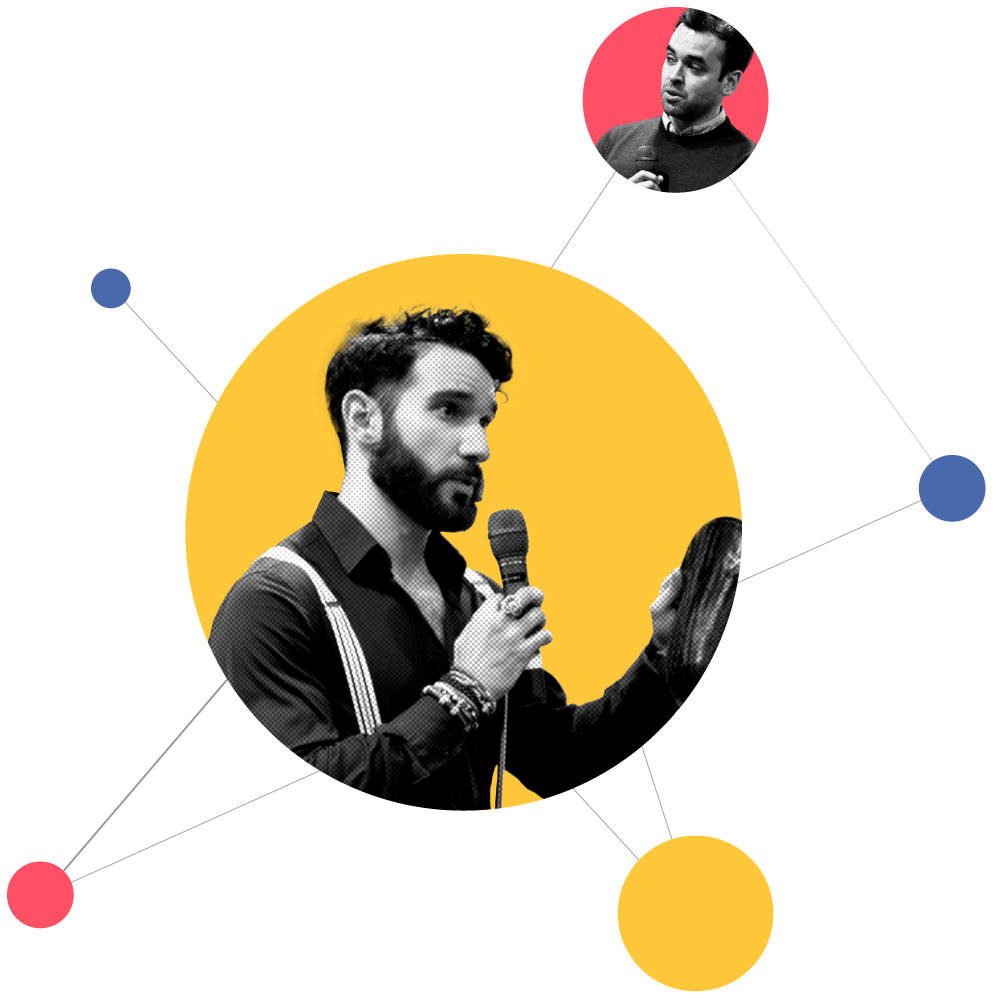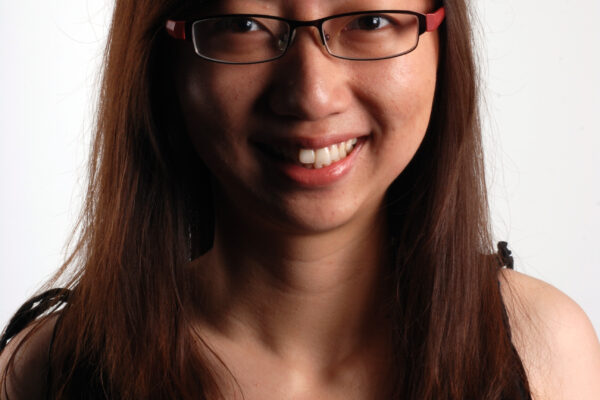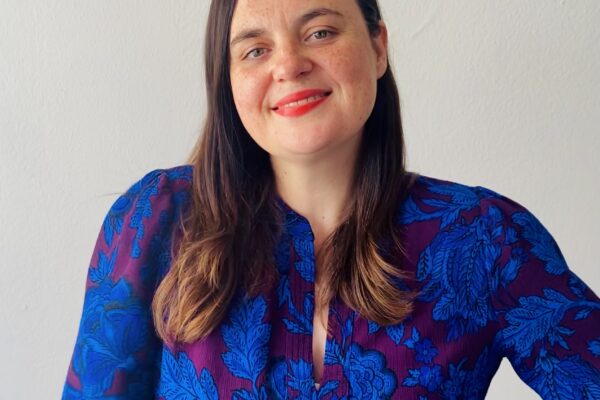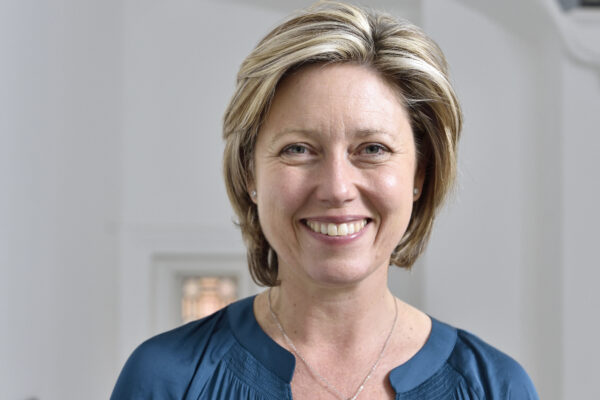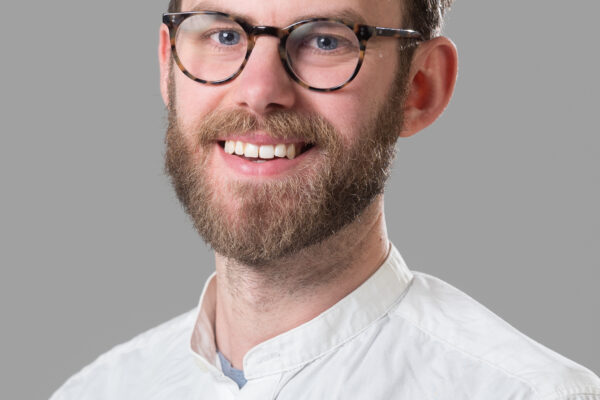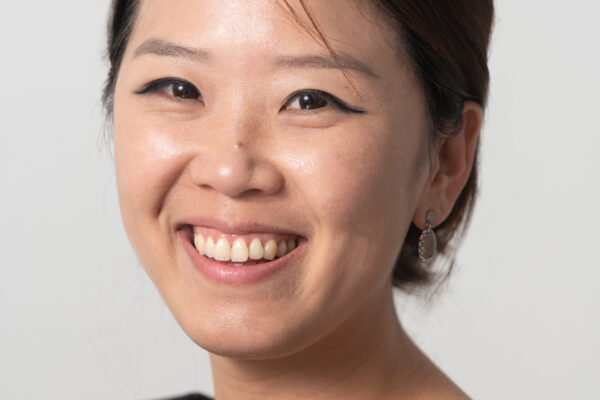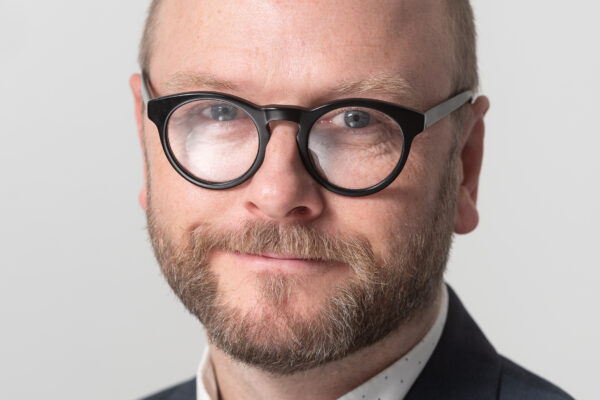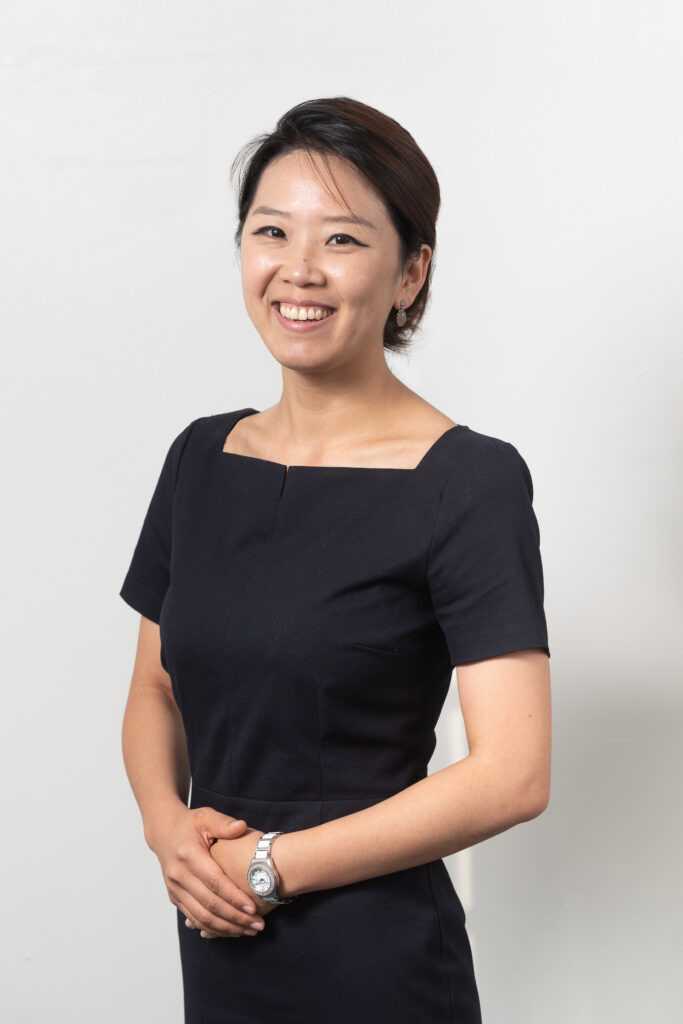
Success stories
Charco Neurotech
The trailblazing scale-up transforming the lives of people with Parkinson’s
Around 1600 patients living with Parkinson’s are currently benefiting from an innovative therapeutic wearable medical device developed by a scale-up company.
Lucy Jung co-founded Charco Neurotech in 2019, whilst taking part in the third cohort of the Medtech SuperConnector programme. She is now CEO of the company.
Charco’s CUE1 device attaches to the chest via a medical adhesive, where it delivers vibrotactile stimulation and cueing to alleviate symptoms including slowness, stiffness, and freezing of gait, resulting in improved movement and overall quality of life.
The results of pilot studies and the experiences of some 1600 patients using the device has shown quite startling improvement in some cases, leading to national media coverage in the BBC, ITV, The Times and Daily Mail. While hugely encouraging, Lucy cautions that the effect varies from patient to patient and stresses the importance of remaining humble.
“We have quite a strong philosophy at Charco as a company, which is not over-promising – just sharing the data and letting people make a decision.”
The company has raised over $10 million in investment and has begun clinical trials, working in partnership with hospitals such as Addenbrooke’s in Cambridge.
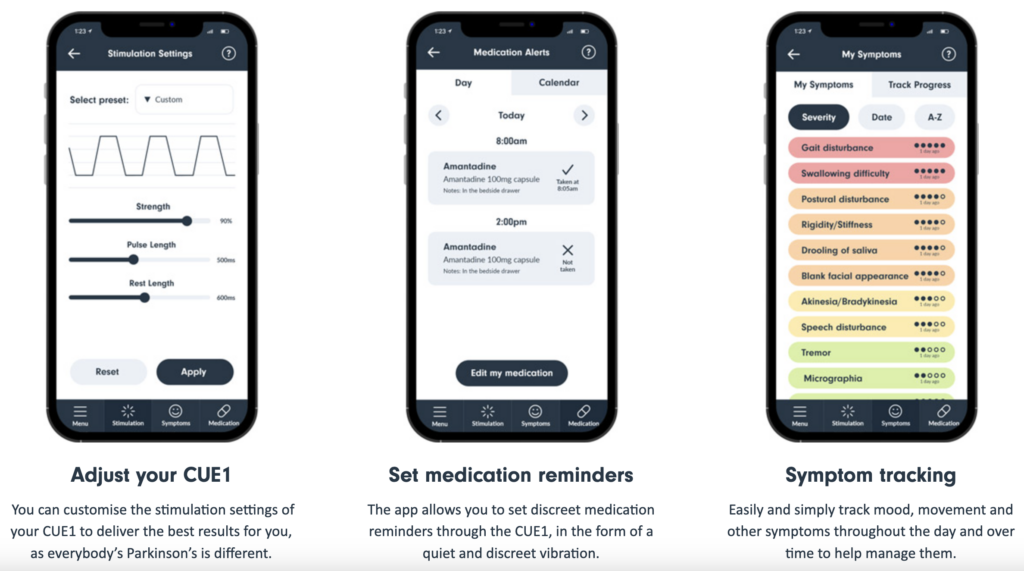
Unlocking therapeutic potential
Parkinson’s is a progressive disorder, marked by symptoms such as tremor, bradykinesia (slow movement) and rigidity, which can make everyday tasks difficult.
The esteemed 19th century neurologist Professor Jean-Martin Charcot first noticed that patients’ symptoms showed some improvement with certain types of vibration, for example after riding in a carriage.
Inspired by these early observations from the literature, Lucy first started thinking about ways to exploit this phenomenon in around 2014, when she was studying for a Masters in Innovation Design Engineering at Imperial College London and Royal College of Art.
“People often ask: ‘what is it that’s so special about Charco, how are we making this happen’ and I think it’s just working really closely with the community, coupled with a fast iteration speed. There are different elements we’re combining both to increase the efficacy but also to enhance the usability side of the things. Adherence comes from the efficacy, but people have to want to use the device: it needs to be comfortable and easy for them to use, which is particularly important in Parkinson’s. Simplicity is key and we found potential users wanted the tactile feeling of a single button to activate it. We had many prototypes because the exact feel of that click wasn’t quite right!”
Lucy recalls one particularly memorable individual experience, that of a man who was essentially confined to a wheelchair because his stiffness and movement impairment was so severe. After a period of using the CUE1, he was able to get back on his feet, and by all accounts, walking faster than his nurse (as this video testifies).

Solid foundations
In 2021 Charco Neurotech raised $10m from a consortium of investors (thought to be the largest seed financing round that year in Europe for a health technology device). The company now employs 33 full time staff.
Addenbrookes is using the CUE1 device as part of a project to improve the care provided to people with Parkinson’s in the hospital. Hopefully patients using the CUE1 will be able to recover mobility and ultimately be discharged home more quickly.
It’s been a rollercoaster journey for Charco Neurotech and Lucy herself, however, she attributes the solid foundations provided by the Medtech SuperConnector for their success.
“MTSC was so important because it helped to set the direction of the company early on. Having the fundamentals like health-economic analysis, how to approach clinical trials, which data we should be looking into, all helped us to think strategically.
“The value of the seed fund we received from MTSC, at the time was really substantial and helped us to get a working prototype ready. I cannot emphasise enough how helpful the MTSC was.”
With Parkinson’s Disease cases on the rise across the world, and no universal cure in sight, it’s encouraging to know that there are options to help these people and their families live a more fulfilling life.
“Adherence comes from the efficacy, but people have to want to use the device: it needs to be comfortable and easy for them to use, which is particularly important in Parkinson’s. Simplicity is key and we found potential users wanted the tactile feeling of a single button to activate it. We had many prototypes because the exact feel of that click wasn’t quite right!”
Lucy Jung, CEO of Charco
